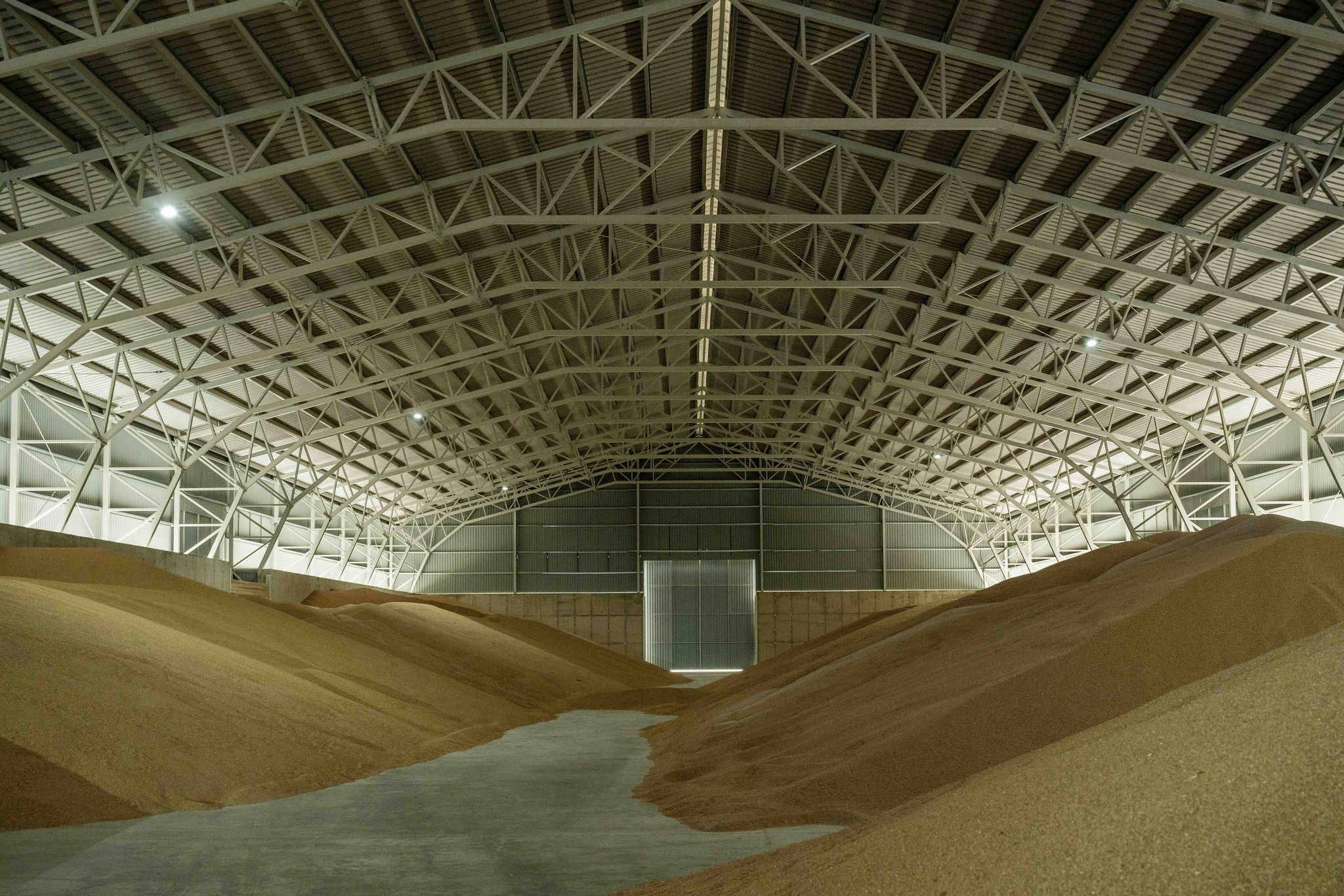
There is a high risk that the grain flowing from Ukraine is harmful to health.Continue reading

The European Commission is looking for ways to ease restrictions on imports of Ukrainian agricultural products to eastern EU Member States, while extending the preferences granted to Kiev for a year until June 2025, reports Reuters.
The EU has suspended import duties, quotas, and trade defense measures on imports from Ukraine since June 2022, to support the country’s economy due to the war. However, the too cheap Ukrainian grain exports have led to protests by producers in Poland and Hungary.
On Tuesday, EU Trade Commissioner Valdis Dombrovskis said that
the Commission would present its proposal soon, taking into account the interests and vulnerability of the agricultural sector in eastern Member States.
The current agreement contains safeguard measures, but these only apply if the whole EU market is affected. “We are looking at the best ways to do it, including the possibility of having the safeguards not only in the case of disturbances to the EU market as a whole, but also in case of disturbances in a single Member State or a few Member States,” Dombrovskis told reporters ahead of a meeting of EU trade ministers.
The committee is also looking into how to protect the most sensitive products, he said, adding that
he had been discussing the issue with the agriculture ministers of Poland and Hungary over the past 24 hours.
One EU diplomat told Reuters that the plan would allow the EU members concerned to act quickly and would cover four months, but would be assessed by the committee within three weeks. Ukraine would also be encouraged to align more closely with EU standards.
The portal recalls that earlier, Hungarian Foreign Minister Péter Szijjártó claimed that
the flow of cheap Ukrainian grain had destroyed central European markets.
“We have banned the import of Ukrainian grain and some agricultural products… We would like to maintain this measure… We would like to return to the original agreement to ensure the transit of Ukrainian grain,” he said.
The ban expired on September 15, and the government decided to extend it under its national competence, arguing that the moratorium should be maintained in order to address market disruption. Although the EU did not support it, Poland and Slovakia also restricted imports from the country.
Via Reuters, Featured image: Pixabay